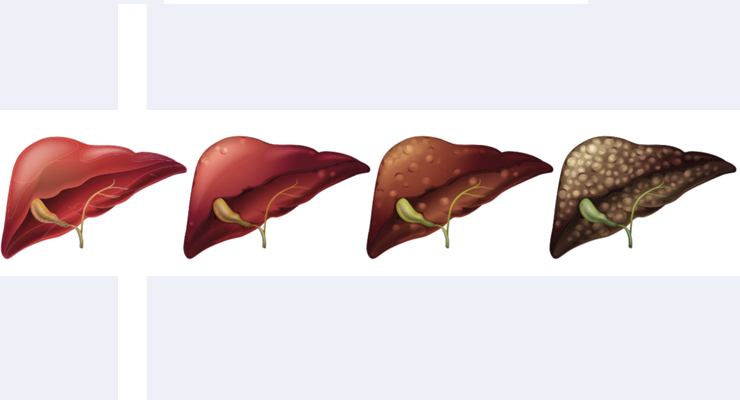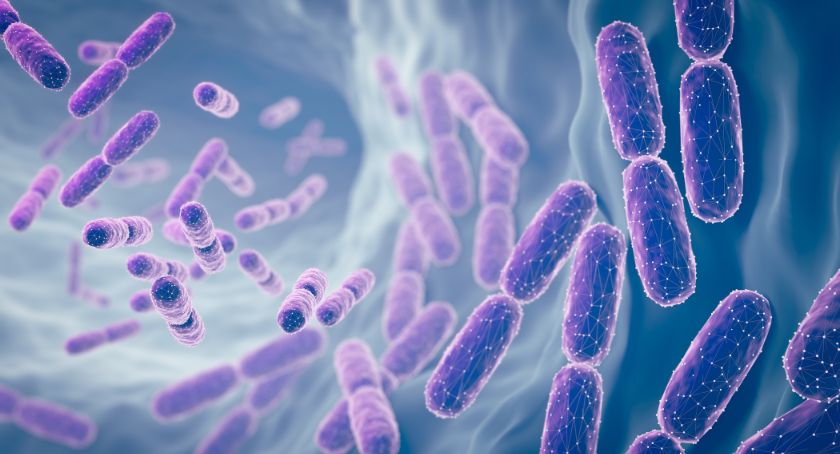Market Updates, Research
Omega-3s Associated with Better Liver Functioning In NAFLD Patients
Non-alcoholic fatty liver disease affects up to 25% of the population worldwide.

By: Mike Montemarano

In a small preliminary study examining the effects of long-term supplementation of omega-3 fatty acids, which was published in the journal Nutrients, researchers found preliminary evidence suggesting that supplementation with EPA and DHA may improve clinical parameters of non-alcoholic fatty liver disease, a metabolic condition which affects an estimated 25% of the global population.
In total, 13 patients in the double-blind, placebo-controlled study were administered a dietary supplement containing approximately 503 mg of DHA and 102 mg of EPA, while a placebo group received olive oil. The daily supplementation lasted for six months. Those who consumed more than 20 g of alcohol per day, steroids, non-steroidal anti-inflammatory drugs, immunomodulatory agents, antibiotics, or omega-3 supplements at least a year prior were excluded from the study, and a wide host of diseases which could cause damage to the liver were considered exclusionary criteria. Compliance with supplementation was verified by serum fatty acid analysis after six months of intervention in both groups.
After six months of intervention, the omega-3s group experienced significant reductions in serum ALP [Alkaline Phosphatase] levels. In addition, a reduction in waist circumference, gamma-glutamyl transferase, total cholesterol, and triglycerides was observed, though statistical significance was not reached.
The ALP reduction signified to the authors of the study signified a reduction in a predictor of non-alcoholic fatty liver disease, as NAFLD patients in stages 1 and 2 of liver fibrosis are known to have higher levels of the enzyme. Instead of a liver biopsy, the researchers used FibroScan to assess potential liver fibrosis, and it was found that the treated group had a significant decrease in liver fibrosis.
“In conclusion, our pilot study provides evidence that omega-3 PUFA, in particular DHA, are incorporated in erythrocytes after six months of fish oil supplementation in patients with NAFLD,” the authors concluded. “We also showed that DHA supplementation was effective in reducing ALP and liver fibrosis, suggesting that the dosage and duration of omega-3 PUFA supplementation used here were capable of ameliorating the liver damage occurring in NAFLD patients. We believe that future larger trials to confirm these encouraging results are warranted. We believe that future larger trials to confirm these encouraging results are warranted. Even though the expression of circulating miR-122 was not affected under these conditions, further screening for additional small non-coding RNAs with potential regulatory roles in pathological milieus should be conducted as the search for new therapeutic targets is incessant.”
MiR-122 is a micro-RNA believed to optimize liver function, particularly in patients with liver diseases.




















